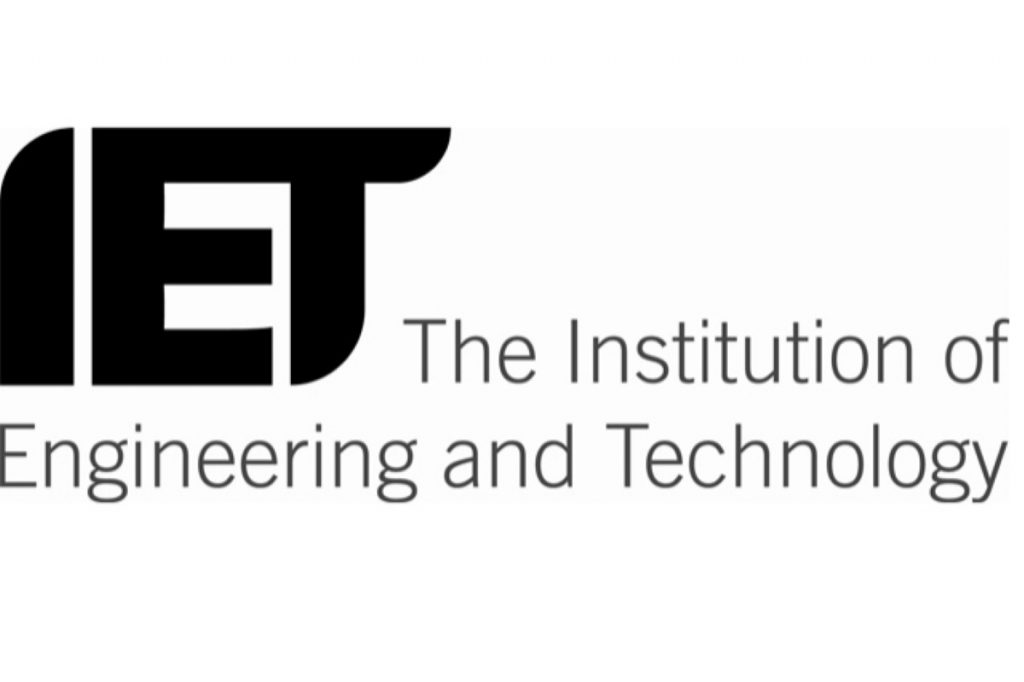Higher engineering apprentices will help solve the skills shortage
During National Apprenticeship Week, engineers are highlighting that an increased number of Higher Apprenticeships in engineering will have the greatest impact on the skills shortage.
The Institution of Engineering and Technology’s (IET) Skills in Demand and Industry Annual Survey shows that that while Intermediate Apprenticeships have doubled year-on-year, Higher Apprenticeships, which will help solve the skills crisis, have remained static.
Engineers like 27-year-old Lucy Ackland who is managing the development of Renishaw’s next generation metal additive manufacturing system, are playing their part in solving the skills shortage but more are needed.
Michelle Richmond, Membership Director at the Institution of Engineering and Technology, and herself a former apprentice said: “The UK has a shortage of engineers and there is an urgent need to get more young people to study and take up a career in engineering.
“It’s disappointing that although since 2013, the number of Intermediate Apprenticeships (Level 2) has more than doubled, the number of Higher Apprenticeships (Level 4) has not increased in line with this.
“A highly skilled workforce is important to help ensure that the UK is globally competitive and can meet the growing demands of industry, now and in the future.
“Learners should be encouraged and supported by employers to progress to Higher Apprenticeships as an equally valuable route of progression to academia.
“It is those learners embarking on Higher Apprenticeships that will help us deal with the skills shortage and ensure engineering contributes to a healthy British economy.”
The IET offers a range of products and services for apprentices, including IET Signature, which supports early career engineers and technicians to move seamlessly towards professional success.
Notes to editors:
- Interview opportunities are available with IET spokespeople from a broad range of engineering and technology disciplines including cyber-security, energy, engineering skills, innovation, manufacturing, technology, transport and women in engineering.
- The IET is one of the world’s largest engineering institutions with nearly 160,000 members in 127 countries. It is also the most multidisciplinary – to reflect the increasingly diverse nature of engineering in the 21st century. Energy, transport, manufacturing, information and communications, and the built environment: the IET covers them all.
- The IET is working to engineer a better world by inspiring, informing and influencing our members, engineers and technicians, and all those who are touched by, or touch, the work of engineers.
- We want to build the profile of engineering and change outdated perceptions about engineering in order to tackle the skills gap. This includes encouraging more women to become engineers and growing the number of engineering apprentices.
- For more information, visit www.theiet.org
- Follow the IET on Twitter.





-01.png)